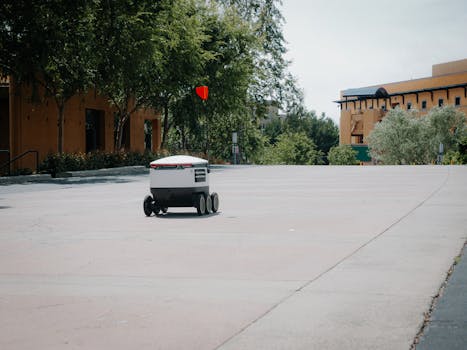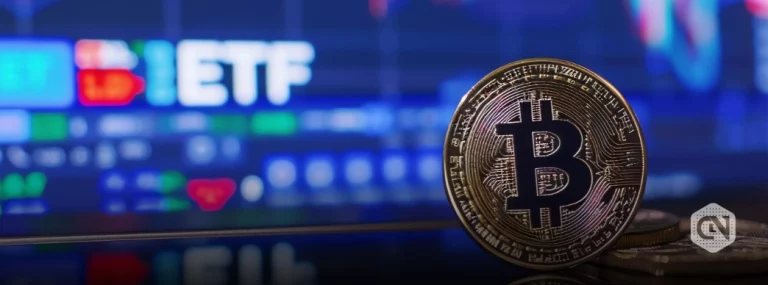
Smart Cities: Urban Trends for 2025
Introduction to Smart Cities

Smart Cities are urban areas that utilize advanced technologies and innovative solutions to improve the quality of life for their citizens, while also reducing their environmental footprint. As we approach 2025, it’s essential to explore the latest trends shaping the future of smart cities. Smart Cities are at the forefront of this revolution, leveraging technology to create more efficient, sustainable, and livable urban environments.
Urban Trends for 2025

In 2025, we can expect to see significant advancements in various aspects of smart city development. Some of the key urban trends include:
- Sustainable Infrastructure: Cities will focus on developing green infrastructure, such as green roofs, urban forests, and renewable energy sources, to reduce their carbon footprint and mitigate the effects of climate change.
- Smart Transportation: The integration of electric and self-driving vehicles, hyperloop systems, and advanced public transit systems will transform the way people move around cities, making transportation faster, cleaner, and more efficient.
- Energy Efficiency: Buildings and homes will be designed with energy-efficient materials and systems, such as smart grids, energy-harvesting technologies, and green building materials, to minimize energy consumption and reduce waste.
- Waste Management: Cities will adopt advanced waste management systems, including recycling, composting, and waste-to-energy conversion, to reduce waste and promote a circular economy.
- Public Safety: The use of advanced technologies, such as artificial intelligence, surveillance systems, and data analytics, will enhance public safety and emergency response, making cities safer and more secure.
Innovative Technologies

In addition to these urban trends, several innovative technologies will play a crucial role in shaping the future of smart cities. Some of these technologies include:
- Internet of Things (IoT): The IoT will enable the connection of various devices and systems, allowing for real-time monitoring, data analysis, and optimized decision-making.
- Artificial Intelligence (AI): AI will be used to analyze data, predict patterns, and make informed decisions, improving the efficiency and effectiveness of urban operations.
- Blockchain: Blockchain technology will provide a secure and transparent platform for data sharing, transactions, and identity verification, enhancing trust and security in smart cities.
- 5G Networks: The implementation of 5G networks will enable faster data transfer rates, lower latency, and greater connectivity, supporting the widespread adoption of smart city technologies.
Conclusion

In conclusion, the future of smart cities in 2025 will be shaped by a combination of urban trends and innovative technologies. As cities continue to evolve and grow, it’s essential to prioritize sustainability, efficiency, and innovation to create better living conditions for citizens and a more sustainable future for generations to come.






